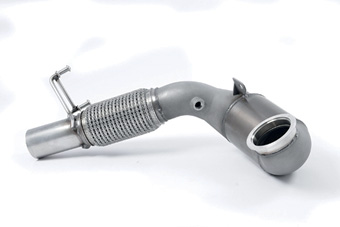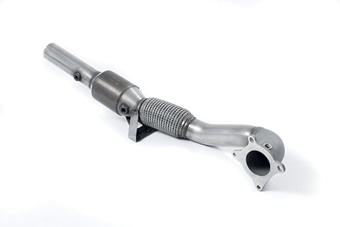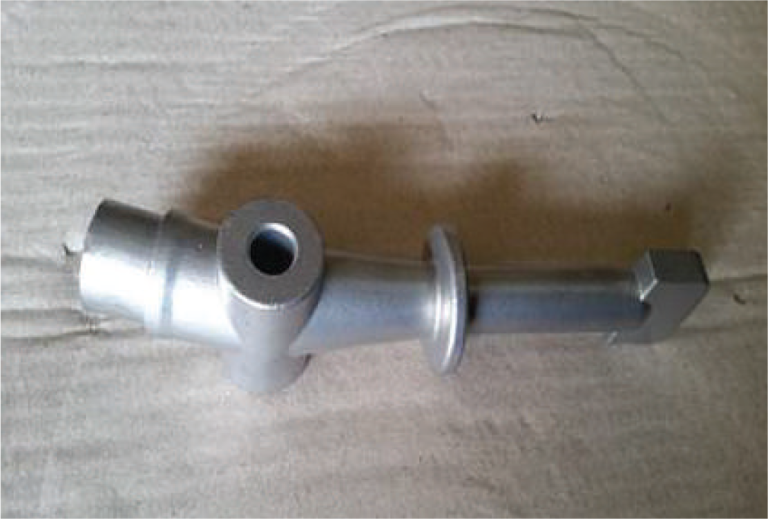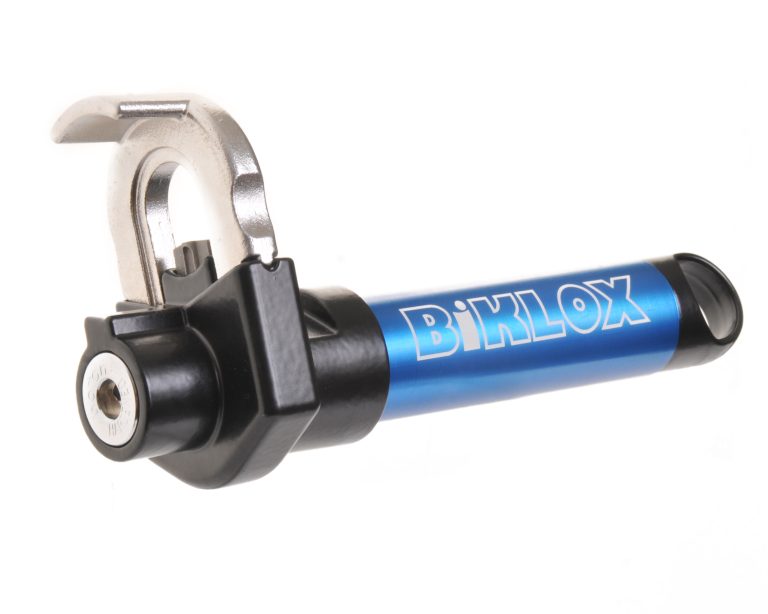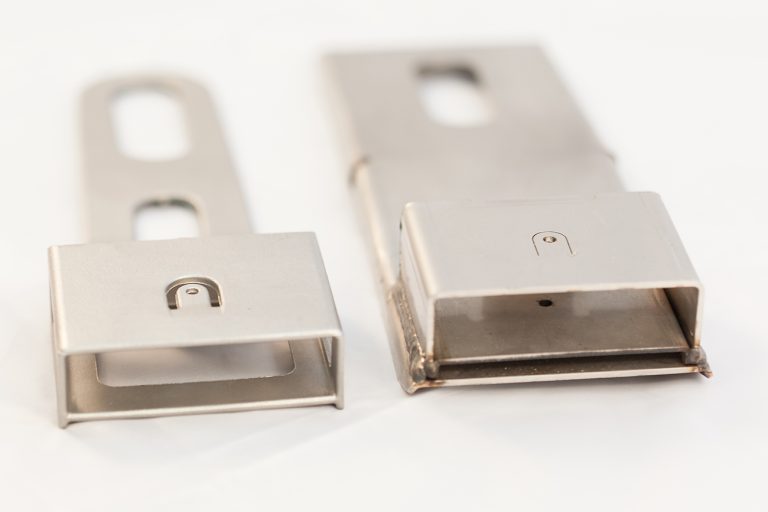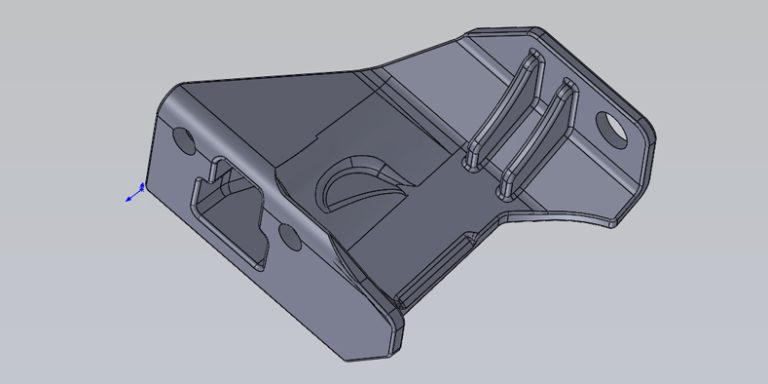Automotive: Aftermarket Performance Equipment
THE PROJECT
Dean Group were asked to convert performance parts to a cast design. This involved improving quality, repeatability and performance whilst not adversely impacting on cost or weight, which is an important factor when working with these specific type of parts.
DESIGN CONSTRAINTS
The parts were produced in house from fabricated sheet steel, formed and welded. Due to the plate size restrictions and manufacturing process, the parts were dimensionally inconsistent, causing issues at assembly, and quality was reliant on the skills of the welder. The manufacturing method also severely restricted the design flexibility and ultimately the performance of the part.
STRATEGY
The compound angles and changes in sections made the parts dificult to model so a 3D scanning system was utilised to create the basic model shape. Gas flow simulations identified design tweaks to improve flow and performance, and were run in conjunction with casting simulation to ensure cast integrity was maintained. Before commitment to tooling and to allow for potential design changes, a 3D rapid prototyping system was used to produce functional parts through the investment casting process, and vehicle testing was undertaken.
STRATEGY
With the flexibility of investment casting, changes in the wall section could be adapted to improve flow and to provide structural strength in specific areas, without increasing the part’s overall weight. As the parts are now produced as a single casting, there is no requirement for welding, no joints and no weak points.
The parts are supplied fully finished in corrosion resistant 316 stainless steel, which extends the life of the product and enables the customer to offer extended warranties. Due to the flexibility of investment casting, the parts can be branded with the customer’s logo and part ID number, a clever change piece in the tooling enables the parts to be third party branded if necessary for on sales to the industry.
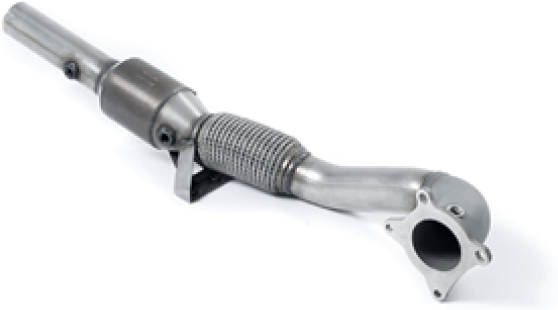
Key Challenges
- Overcome the quality and technical issues
- Get supply up and running urgently to enable customer to ship product
- Meet a commercial challenge, as parts are sourced direct
The Outcome
- A lighter, stronger and better performing part at a lower cost
- Valuable in house manufacturing resource has been freed up
- Sourced from DGI and arrive, from UK stock, ready for assembly
- Frees up working capital, reduces inventory and reduces storage requirements
Other Case Studies
Contact Dean Group International for Your Investment Casting Quote
Registered in England VAT No: 146307478 Company Registration No: 1062820


